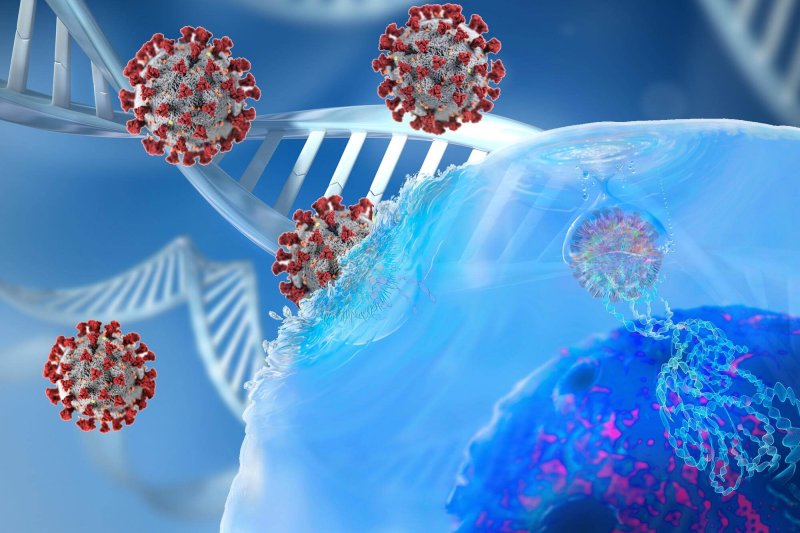Over the past few months, a number of drugs have been under investigation to treat COVID-19 without well-established safety or data to support these claims. However, some of these unproven therapies may have underlying genetic reasons for not being effective and resulting in fatal adverse effects as found with hydroxychloroquine.
University of Minnesota College of Pharmacy faculty Pamala Jacobson and Melanie Nicol, and Pediatric Hematology/Oncology Fellow Takuto Takahashi recently published a peer-reviewed study in Nature Genomic Medicine about how individualization with pharmacogenomics — the study of how genes affect a person’s response to drugs — may improve the efficiency and safety of these drugs.
The study looked at a variety of literature for drug therapies for COVID-19 — including hydroxychloroquine, remdesivir, tocilizumab, and steroids — on PubMed. The researchers found that:
- there are several gene variants that alter how an individual’s body metabolizes and processes COVID-19 therapies and may increase the risk of adverse effects;
- that the risk of taking these therapies is complex since patients with COVID-19 are usually taking multiple other medications and have underlying conditions that affect the drug;
- and the data for the pharmacogenomics on COVID-19 is limited due to the early stages of the clinical trials investigating treatments.
- “While we did not find direct evidence to support use of pharmacogenomic testing for COVID-19, we did identify many actionable genetic markers that may have promise to improve efficacy and safety,” said Jacobson.































